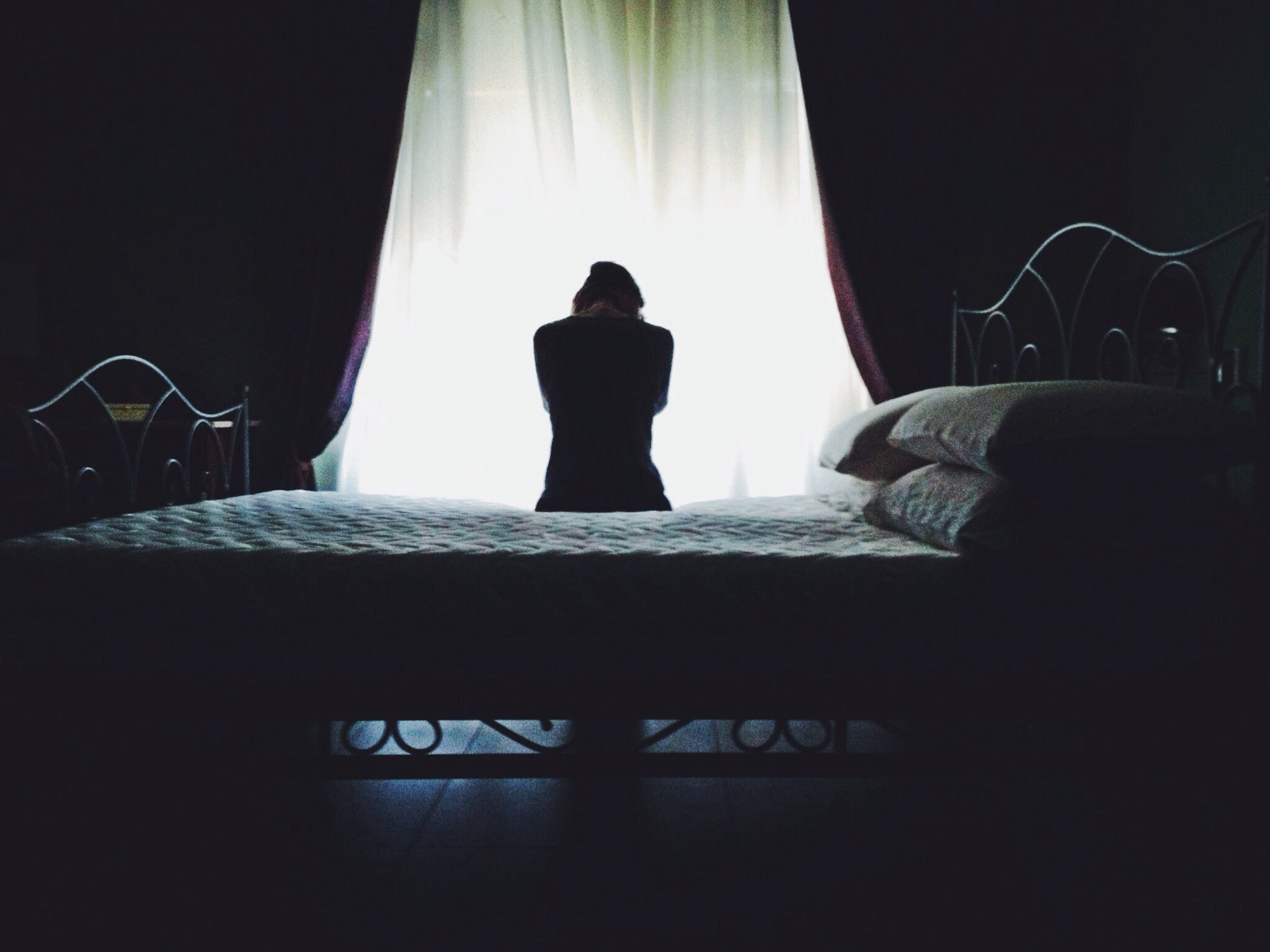The return to standard time comes with more than just an extra hour of sleep that first weekend.
For about 500,000 Americans, the earlier sunset is more than bothersome; it’s downright depressing. It has to do with circadian rhythms, which are controlled by light exposure.

“It’s not unusual for any or all of us to have a little trouble dealing with the time change,” says Dr. Andrew Winokur from the UConn Health Department of Psychiatry. “But when it triggers things like depression, sluggishness, sleeplessness, fatigue, and food cravings, the signs point to seasonal affective disorder, or SAD.”
Though not curable, treatment options for SAD include light therapy, psychotherapy and drug therapy. Winokur also has some recommendations:
- Increasing exposure to light.
- Focusing on positive thoughts.
- Exercising (outdoor exercise is more beneficial).
- Reducing sugar and carbohydrate consumption.
- Maintaining regular sleep habits and not oversleeping.
- Maintaining usual levels of social activity.
“If symptoms persist or become severe or disabling, it is advisable to consult with your primary care provider or with a mental health professional,” Winokur says.



